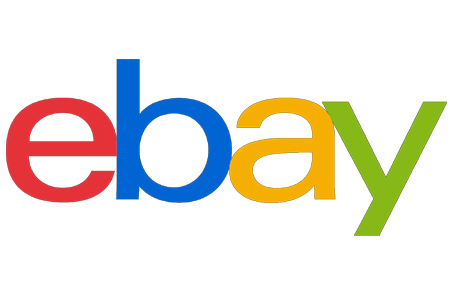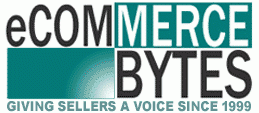
The Federal Trade Commission (FTC) is going full steam ahead on enforcing a new law that takes effect next week that requires marketplaces to disclose sellers’ names and full addresses to their buyers.
Last week, eBay sent the following email to some sellers informing them that they must request an exception if they don’t wish eBay to publish their full address (the subject line read: “Check for an exception to sharing your full address with buyers”):
Learn about what we’ll need to share with buyers
Hi (redacted),
Beginning June 27, 2023, the new INFORM Consumers Act requires marketplaces like eBay to provide certain sellers’ name or company name and full physical address to their buyers in purchase confirmation emails and order details. Specifically, this requirement applies to high-volume sellers like you who have both reached $20,000 in annual gross revenue and sold 200 or more new-condition items.
We appreciate your dedication to selling on eBay and wanted to let you know there are two exceptions to this new requirement you may qualify for:
- If your address is your residential address, only your state and country will be shown.
- If you use a different address for product returns, then that return address will be displayed.
Just click the link below to request an exception in a few quick steps.
You can also request an exception by navigating to your personal/business info in your account settings within My eBay. If you think the above exceptions may apply to you, please take some time to put in a request before this new law goes into effect on June 27. We appreciate your patience as we help you navigate these changes.
For more information how the INFORM Consumers Act applies to you as an eBay seller, visit our dedicated page in the Seller Center.
If you have any questions or concerns, just get in touch. We’re here to help.
Thanks for being part of the eBay community.
In December, eBay had praised passage of the law in part because it avoided a patchwork of state laws.
Unless Congress delays enforcement as some sellers petitioned it to do over issues they experienced getting verified on Amazon, the FTC must enforce the law beginning June 27, 2023, which it made clear in a notice on its website (hat tip to Pymnts.com).
The FTC also revealed that it sent letters to 50 online marketplaces nationwide notifying them about their obligation to comply with the INFORM Consumers Act. However, the FTC said the letters to marketplaces were “informational” and that it would not release the names of the recipients. The letter is available on the FTC website, but it also redacted the date it sent the letter.
Given the fact that it’s the sellers’ physical addresses that the marketplaces will be publishing, it seems warranted to disclose which platforms the FTC deems must be compliant. Does the FTC consider marketplaces’ privacy more important than the privacy of individuals and small businesses?
Here’s the latest announcement and seller reaction on Amazon.com.
Update 6/21/2023: Deleted information pertaining to the law’s threshold level. To clarify, there are two thresholds marketplaces must pay attention to – $5,000 in annual GMV, and $20,000 in GMV (more information is available on the FTC website):
Online marketplaces must collect and verify information from high-volume third party sellers, defined as a seller who “in any continuous 12-month period during the past 24 months, has had on that platform 200 or more separate sales or transactions of new or unused consumer products, and $5,000 or more in gross revenues.”
If a high-volume third party seller has annual gross revenues of $20,000 or more on a particular online marketplace, the marketplace must clearly disclose information on each of the seller’s product listing pages, or in order confirmation messages and account transaction histories on that platform, including the seller’ls full name, physical address, and contact information.





“Does the FTC consider marketplaces’ privacy more important than the privacy of individuals and small businesses?”
Does the government value multi-billion-dollar (and greater) corporations more than small businesses and everyday Americans? Does that even need to be asked? Of course they do!
Also, be sure to change the return address on your shipping labels to your eBay name or business name instead of your own name. I also use my PO Box address for my return address on the labels. I highly recommend getting a small PO box for that purpose. You do not want to advertise where all your inventory is kept, especially if you are running a business out of your home.
This Inform Consumers Act apparently applies to NEW item sales —
From the eBay release:
“A high-volume seller is someone who has sold 200 or more new items totaling more than $5,000 in a 12-consecutive-month period over the last 24 months on our US site.”
I read other places that the word is “new condition” not simply “new.”
That makes a WORLD of difference.
I wish eBay had provided a THIRD “Exception” — I do not sell NEW Items.